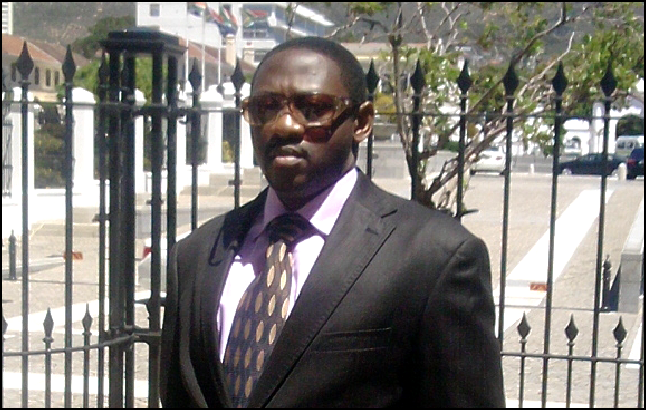An article on ‘Africapitalism’ was published on Wednesday 26 June 2013 in the Guardian by West African correspondent for this publication, Afua Hirsh. According to Afua, ‘Africapitalism’ promises a new model of African self-empowerment. Africa remains an ‘Eldorado’ for business seeking profits. Afua opines in her article that Sub-Saharan Africa is blessed with six of the world’s 10 fastest-growing economies. This happens to be a gross pulling factor to invest money on the continent.
What is ‘Africapitalism’ all about and are Africans ready for this growing notion? According to Afua, ‘Africapitalism’, as coined by one African billionaire, Tony Elumelu, has other appellations like “venture philanthropy” and “philanthro-capitalism”. This model interestingly combines for-profit investment and free-market capitalism with the aim of stimulating economic development. Some proponents argue that, if appropriately implemented, the model could overtake aid as the major ways of alleviating poverty especially in Africa.
According to Elumelu, a Nigerian billionaire who founded the United Bank for Africa and is now CEO of Heirs Holdings, “Africapitalism is the philosophy that the African private sector has the power to transform the continent through long-term investments, creating both economic prosperity and social wealth.” Elumelu adds that “It is also a call to action for us Africans to take responsibility for our own development – and for non-Africans to evolve their thinking about how best to channel their efforts and investments in the region.” Afua in her article adds that Elumelu, who coined the phrase “Africapitalism” in 2010, is one of a growing number of investors using their personal wealth and business expansion to generate jobs for African countries.
As part of the ‘Africapitalism’ drive, Afua in her article also makes mention of The One Thousand and One Voices project, a project founded by brewing scion John K Coors. This project offers a more effective means of achieving development objectives. It has attracted some of the world’s richest families, who are of the view that financial aid has been a fiasco for Africa’s growth and development.
Other examples are given by Afua of fashion designer Ozwald Boateng, who created the Made in Africa Foundation based on a mantra of ‘understanding what Africa can do for itself.’ This initiative also aims to create ‘diaspora bonds’ that would allow Africans overseas to invest in Africa’s infrastructure especially in the power sector, the ports and the road sector.
Duncan Green, senior strategic adviser at Oxfam lambasts against those who think that financial aid is bad and that private-sector investment is good. According to Green there is need to have a state-private sector relationship.
Theoretically speaking, Green’s thinking may be correct. But there remains a problem in Africa when it comes to the state-private sector relationship. The private sector is not so well organised and developed. This makes the state to finally usurp all decision making and financial engagements when it comes to investments. The private sector is not considered an equal partner in such arrangements.
‘Africapitalism’ is here to stay and Africans in the diaspora and at home need to join the band wagon to ensure that this model works for the growth and development of our beloved continent. Of course, a lot of caution must be taken on how funds are to be channeled via private sector partners for development initiatives because although we have genuine individuals in the private sector who are very dedicated to ensuring that funds are properly utilised for the development of the continent, there are still a lot of con men out there. Same goes for finances channeled to state authorities. It is also imperative for African states to give room for the private sector on the continent to be developed. These are measures which may strengthen the ‘Africapitalism’ model.
Chofor Che is an associate of AfricanLiberty.org and an integral part of the Voice of Liberty initiative. He is also a Doctoral Law candidate at the University of the Western Cape and blogs at http://choforche.wordpress.com/.


